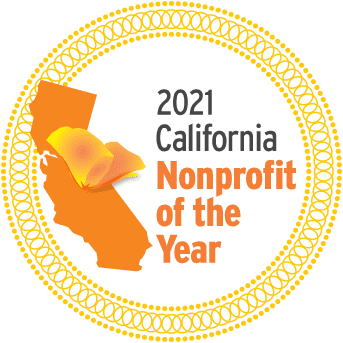Beyond completing your AA Degree, what goals have you set for yourself?
Beyond completing my AA Degree–and release on parole–I have major life goals that I would like to meet within a time frame of twenty years. I would like to rebuild and expand the family business, attain financial security for me and my elderly parents, establish an irrevocable endowment fund, earn a Master’s Degree, and retire in Peru.
The family businesses–in floral retail sales and wedding and event planning–was established in 1988. After my departure in 1999, the company has struggled to compete as a brick and mortar business. In todays digital world, it needs to upgrade and expand its retail operations online, but my elderly parents need my help to accomplish this transition and expansion. Financial security is critical long-term goal that will provide for me.
What has been the most challenging part about being a college student?
It was challenging to set aside remnants of my past and of my insecurities. I had a bad habit of keeping score. Although my father is white, I was born with my mother’s dark Peruvian skin. While attending elementary school, I discovered that I was perceived differently by most of my white teachers because of my dark indigenous features. No matter how hard I worked or how well I performed, I was never good enough. I had to work twice as hard as the other students and this meant keeping score.
Today, grades and points don’t matter anymore. Learning is more important to me than how I rank among other students. In fact, the moment I stopped keeping score, my grades actually improved! I am hyper-focused on learning and how the lessons can improve my life, regardless of the grade or score my instructor writes on the paper. I developed a love of learning just for the sake of learning.
What are you passionate about?
In general, I am passionate about equality, learning, and community building. When it comes to equal treatment and equal access to things like higher education, employment opportunity, and fair housing practices, the United States has made great strides, but more work must be done. No country should claim to be the land of opportunity if it treats half of its people unfairly. After more than two centuries, the U.S. still has a significant gender divide, racial inequity, and a racially based distribution of wealth.
Nothing brings a community together like finding solutions to major problems: from cleaning up abandoned commercial properties, to sprucing up a community center, to getting roads paved and street lights fixed. When people feel that they have a stake in their communities, it wakes up something in their hearts that refuses to ignore problems they have an ability to resolve.
What are some words of wisdom, congratulations, or encouragement that you’d like to share with your fellow graduates?
Accept personal responsibility for your life, sow seeds of good will, and choose to reduce your suffering. Your choices help create the outcomes and experiences of your lives. Successful people often make wiser choices than people who struggle. While at San Quentin, I learned that we have all had lapses of judgement and faltered. But in every one of those times, it was an opportunity to learn and develop resiliency…Byron Katie once said, “Reality is always the story of the past, and what I love about the past is — it’s over.”
Help someone everyday. We all have unique talents and gifts that can help the next person find his or her own. There is no greater gift to humanity than that of soothing another’s pain.


